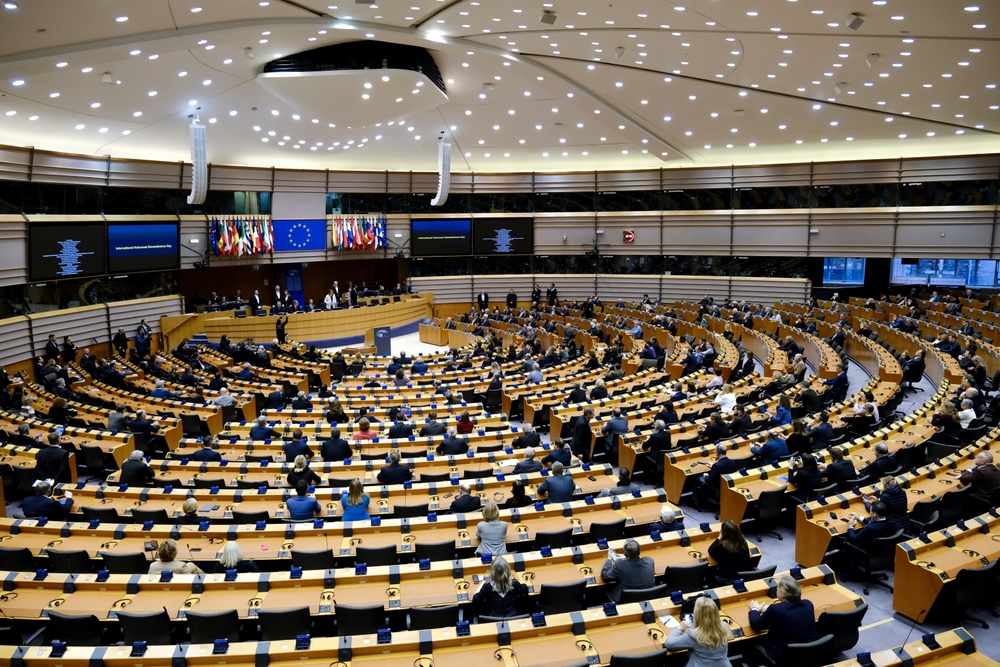He labels it a regrettable development where “Russophobes” are poised to take the helm of the bloc.
Others are reading now
Russian Foreign Minister Sergey Lavrov criticized what he called the “Estonianization” of the European Union, labeling it a regrettable development where “Russophobes” are poised to take the helm of the bloc.
Conercs for Anti-Russia Stance
Speaking at the “Primakov Readings,” a forum of experts organized by Russia, Lavrov expressed dismay over the direction of European leadership, particularly in light of recent appointments.
Lavrov’s comments come on the heels of an EU agreement to distribute key roles in Brussels, with Estonian Prime Minister Kaja Kallas set to become the High Representative for Foreign Affairs and Security Policy, replacing Josep Borrell. Lavrov emphasized his disappointment, highlighting concerns that leaders like Kallas, known for her anti-Russian stance, could focus disproportionately on Russia at the expense of other regions such as Africa and the Middle East according to Hotnews.
Controversy Surrounds New EU Appointments
The decision to appoint Kallas, amid her contentious relationship with Russia, has sparked controversy and raised eyebrows among Western leaders.
Also read
Despite reservations about her potential bias against Russia, Western leaders have chosen to overlook these concerns in favor of continuity and a strong stance on international policy within the EU.
Historical Tensions and Modern Diplomacy
The appointment of Kallas also rekindles historical tensions between Russia and the Baltic States, notably Estonia, Latvia, and Lithuania, which were annexed by the Soviet Union under the Ribbentrop-Molotov Pact in 1940.
Russia has since viewed these countries’ rejection of Soviet-era monuments and memorials as affronts to its historical narrative, intensifying diplomatic strains amid ongoing geopolitical dynamics in the region.


